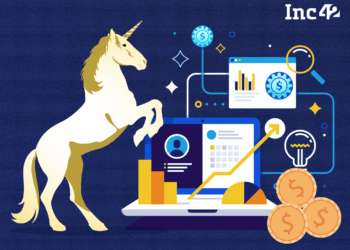We need an overarching purpose of inclusive growth and shared prosperity.
My grandma does not trust the bank. She trusts the Isusu daily collector. That is Mama Udoh. She owns the corner shop. She sells biscuits, sweets, and ugwu. My grandma sees Mama Udoh daily. She trusts this woman and other market women with her money. Explicitly. Do you know why? She belongs to a special group of people at the bottom of the economic pile. These people represent billions of others around the world. They are a significant market opportunity for companies to develop and sell affordable products and services. This demographic represents value. Real value.
On The One Hand
My grandma belongs to a special group of people. They live at the bottom of the economic pile. That is why global economies have brought them into the formal economy. That is why the Central Bank of Nigeria (CBN), banks, and fintech firms are driving financial inclusion for the underbanked and unbanked, bringing them into the formal financial system. Where can you find them? In the hinterland. On the outskirts of cities. In the southwest. In the north. Abuja. Kano. Port Harcourt. Delta area. These people are not poor. They are not rich. They embody a massive untapped consumer market with purchasing power. Real power.
On The Other Hand
Here is an idea. If your company develops a product around these people, your company can touch their lives. Transform dreams. Alleviate poverty. Improve their living standards. Can you do that for my grandma and other people at the bottom of the pile?
In The Long Term
The CBN, banks, and fintech firms understand that financial inclusion is critical to the development of our economy. But the real puzzle resides at the bottom of the economic pile, where my grandma and others in her group reside, where these people are neither poor nor rich. But they have no access to formal basic financial tools. In its 2023 survey, EFInA reported 64 per cent financial inclusion growth. This is driven by marginal growth in the banked population and major gains in non-bank formal adoption.
An economist, Dr Abiodun Adedipe, chief consultant/CEO, B. Adedipe and Associates, explained in his keynote at the second edition of Business Journal Fintech & Financial Inclusion Roundtable 2025 that fintech and financial inclusion are not only contemporary in our financial ecosystem. They hold exciting promises in the transition of our economy from “jobless growth to inclusive and sustainable growth.”
But challenges abound. Adedipe said these challenges are the ability of the CBN to promote and regulate fintech and financial inclusion effectively. Besides market, structural, cybersecurity, cultural and gender risks, credit assessment and KYC risks exist. He added that “If Nigeria will benefit from financial inclusion and the deep role fintech plays, there must be a balance of interests. That balance will be effective only if all stakeholders collaborate and no one seeks to take advantage of the other, and focus on the overarching purpose of inclusive growth and shared prosperity.”He mentioned that for Nigeria to have an inclusive financial system, policies, products, regulations and technology must be inclusive by design. The renowned economist did not expatiate on how these elements would find a common platform. Anyway, that is the puzzle fintech needs to untie. Until this puzzle is untied, my grandma and others in her group would be on the financial exclusion list. Forever.
In The Short Term
Does your grandma trust the bank, and is she on the financial inclusion ecosystem?





